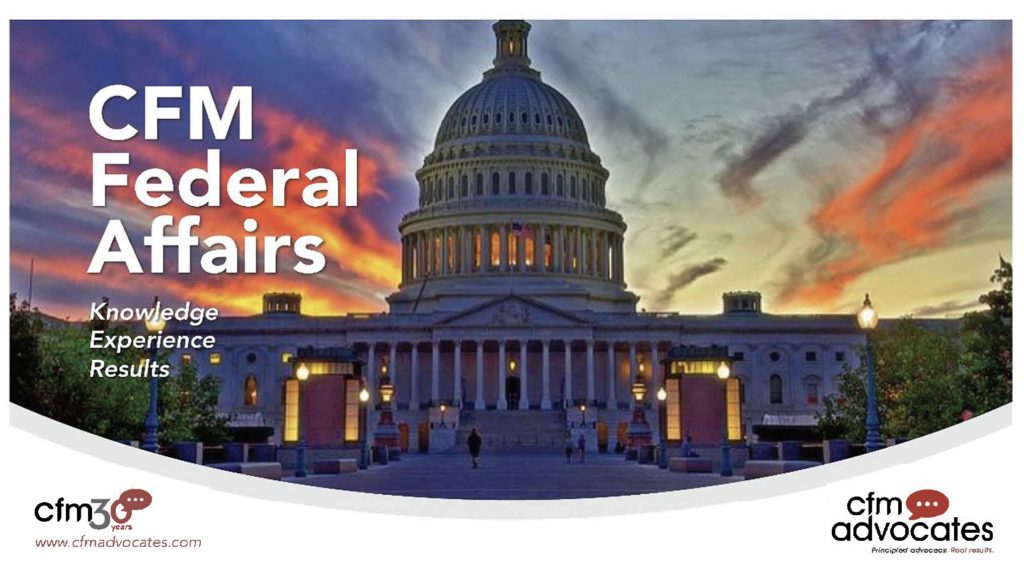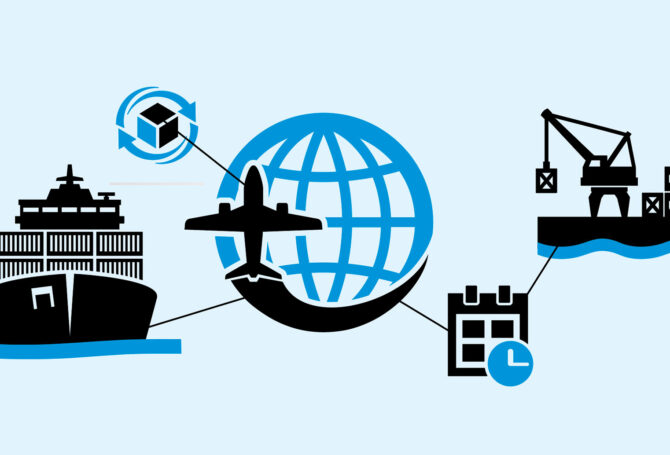
The baby formula shortage is the story of inflation in a bottle. Supply chain bottlenecks and product recalls have left grocery store shelves empty and sent prices skyrocketing. Republicans blame President Biden. But like inflation, the baby formula shortage is caused by factors no President can control.
Supply chain issues date back to the beginning of the pandemic and grew catastrophic after a massive product recall in February that shrunk baby formula stockpiles, now at 43 percent below normal. Shortages have led to price hikes for what is available and major retailers are limiting how much formula shoppers can buy.
Parents of newborns are understandably panicking, especially those parents whose babies only tolerate specialized formula. Older children also may require specialized formulas because of food allergies.
Second-hand merchants are rushing to fill the gap, but with supplies some view with suspicion. Another option desperate parents are pursuing is donor breastmilk. Other alternatives being suggested include goat, coconut, rice, soy, almond and hemp milk. Pediatricians warn against DIY formulas concocted in kitchens.
While details vary, the story of the baby formula shortage mirrors the inflation story, minus the impact of a major Russian invasion of Ukraine. Republicans, gearing up for midterm elections, are splaying Biden for a slow and weak response the largest inflationary leap in 40 years. For his part, Biden blames the Russians for oil shortages and blocked wheat exports. Massachusetts Senator Elizabeth Warren blames corporate price-gouging.
The recall of Abbott Nutrition baby formulas sent the shortage into a darker place. The Federal Drug Administration accused Abbott, one of the largest US producers of baby formula, of inadequate manufacturing processes that the agency said had led to cases of infections in babies. After initially denying the claim, Abbott took responsibility and shut down its Michigan production plant.
Substitutes for baby formula range from donor breastmilk to a range of different milks, including goat, soy and hemp milk.
The FDA and Biden administration officials have been negotiating with Abbott, which estimates its refitted production line won‘t resume for weeks.
Some have suggested Congress reduce or eliminate trade tariffs for imported baby formula. However, US imports from Mexico and Ireland are miniscule compared to US consumption and don’t offer an immediate avenue to ameliorate the shortage.
Tariffs and non-tariff regulations inserted into the USMCA negotiated during the Trump discourage Canadian baby formula imports. There also are US marketing orders for milk that affect supplies of dry milk. The European Union manufactures baby formula under different patents and standards that aren’t easily adjusted to US standards.
While details vary, the story of the baby formula shortage mirrors the inflation story, minus the impact of a major Russian invasion of Ukraine. Republicans, gearing up for midterm elections, are splaying Biden for a slow and weak response the largest inflationary leap in 40 years. For his part, Biden blames the Russians for oil shortages and blocked wheat exports.
And then there are persistent Chinese COVID-19 lockdowns in major port cities like Shanghai as part of its zero-tolerance policy that have stymied recovery of vital supply chains. OPEC oil producers have declined to return to pre-pandemic production levels. US producers say worker shortages are delaying their expanded production.
The Federal Reserve is trying to staunch inflation by raising interest rates, while seeking to avoid tipping the economy into recovery. So far, worldwide stock markets have reacted negatively.
Solving the baby formula shortage and curbing inflation are complicated balls of yarn with no clear strings to pull but tempting targets to blame.




